According to Decision No. 234/QD-TTg issued by the Prime Minister in March 2025, from July 2025, people can choose to register for initial medical examination and treatment at any commune health station, district health center or district-level hospital suitable for their actual place of residence, study or work, regardless of their permanent or temporary residence address.
This policy was introduced in the context of Vietnam promoting administrative procedure reform, moving towards digital government , and at the same time resolving long-standing shortcomings in the grassroots healthcare system - where people often have to return to their hometowns for medical examination and treatment even though they have lived elsewhere for many years.
Great step forward in the medical industry
According to statistics from the health sector and Vietnam Social Security, the number of people participating in health insurance is currently more than 95.5 million, reaching 94.2% of the national population. By the end of this year, we strive to have over 95% of people participating in health insurance, moving towards universal health insurance.
In 2024, the country will have 186.2 million people receiving inpatient and outpatient health insurance treatment with a proposed payment amount of VND 142,985 billion. In recent times, Vietnam Social Security has closely coordinated with the health sector to resolve difficulties and obstacles in implementing health insurance policies, ensuring the rights of participants.
The new policy that allows people nationwide to freely choose where to receive medical examination and treatment without being limited by their registered address is considered one of the biggest advances in the health sector since the COVID-19 pandemic. People can now choose to register for a medical examination and treatment facility that is suitable for their actual place of work, study or residence without having to change their permanent or temporary residence registration.
According to the assessment of Vietnam Social Security, this policy is expected to help reduce the burden on central hospitals, while improving the service capacity of grassroots health care. When people have the right to choose, health stations are also forced to improve quality to retain patients.
The fact that people can choose where to get medical examination helps to reduce the situation of people having to travel far, queue in long lines, and wait at large medical facilities. Instead, they can get examined at a facility near their home, saving time, costs, and making it convenient for long-term health monitoring.
Support more than 5,000 commune health stations to upgrade
Starting from July 1, 2025, people can register for initial medical examination and treatment via the National Public Service Portal (https://dichvucong.gov.vn) or directly at the desired medical facility. Personal records will be stored and managed through the National Health Database system, helping the reception and medical examination process take place quickly and synchronously.
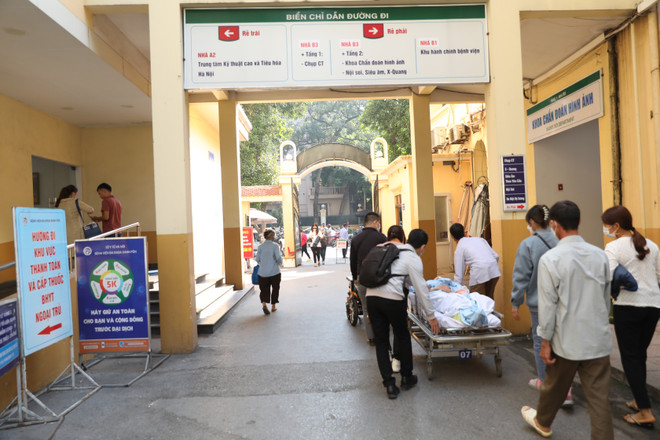
This policy applies not only to people with health insurance cards but also to people who use medical services. However, to enjoy the highest insurance benefits, people still need to ensure that they register correctly and follow the regulations on the time to change the initial medical examination and treatment facility according to Circular 30/2023/TT-BYT.
According to Deputy Minister of Health Tran Van Thuan, this reform not only expands the rights of patients but is also an opportunity for the grassroots health system to improve itself. Health stations cannot rely on people with household registration in that area but must truly serve the people.
The policy of allowing people to choose where to receive medical treatment regardless of their household registration is a major step forward in administrative reform, public health and health insurance. It clearly demonstrates the people-centered orientation of the national health system, while creating motivation to improve the capacity of grassroots health care.
In response to the Government's policy, the Ministry of Health has issued a plan to support more than 5,000 commune health stations to upgrade equipment, retrain human resources, apply information technology and deploy electronic personal health records from 2025-2030.
Not being bound by household registration when registering for a medical examination is considered a big boost for localities with high immigrant population rates such as Hanoi, Ho Chi Minh City, Dong Nai... Because in these localities, there are millions of workers, students, and renters who often have difficulty accessing public health services.
In addition, people in remote areas also benefit from this policy. Instead of having to travel dozens of kilometers to the initial health station, they can choose the nearest and most convenient health facility for medical examination and treatment. This contributes to improving the effectiveness of disease prevention, chronic disease management and routine health care.
In particular, people need to understand a number of points to ensure maximum benefits. Re-registration at the initial medical examination facility is only done twice a year according to the provisions of Circular 30/2023/TT-BYT. Once a new initial medical examination facility has been selected, people need to wait for the system to be officially updated to receive the correct insurance payment. People who are being treated for chronic or serious illnesses should consult their doctor carefully to ensure that the treatment process is not interrupted./.
Source: https://www.vietnamplus.vn/nguoi-dan-co-the-chon-noi-kham-benh-khong-phu-thuoc-ho-khau-post1046001.vnp



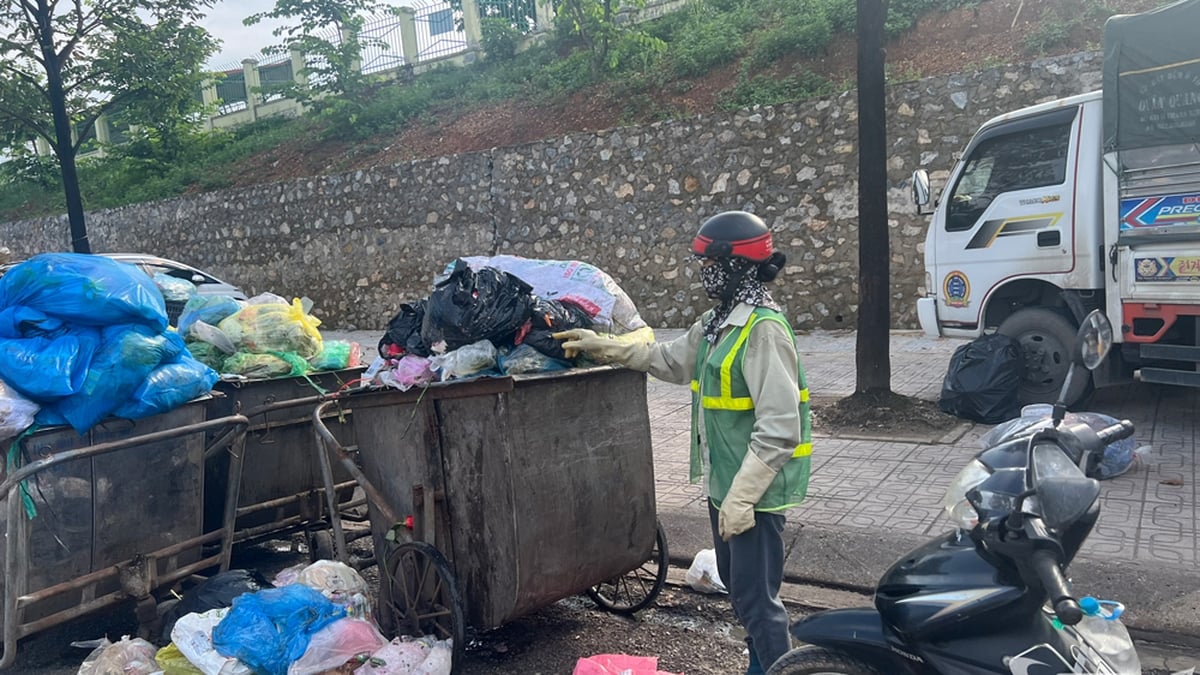

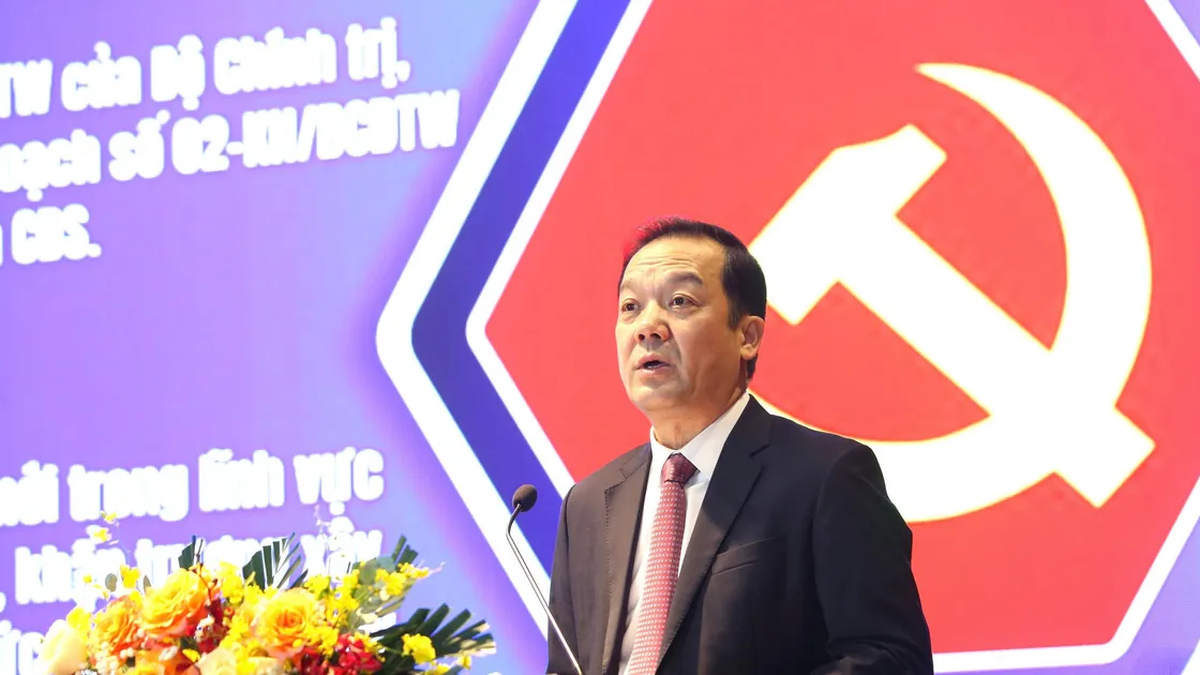

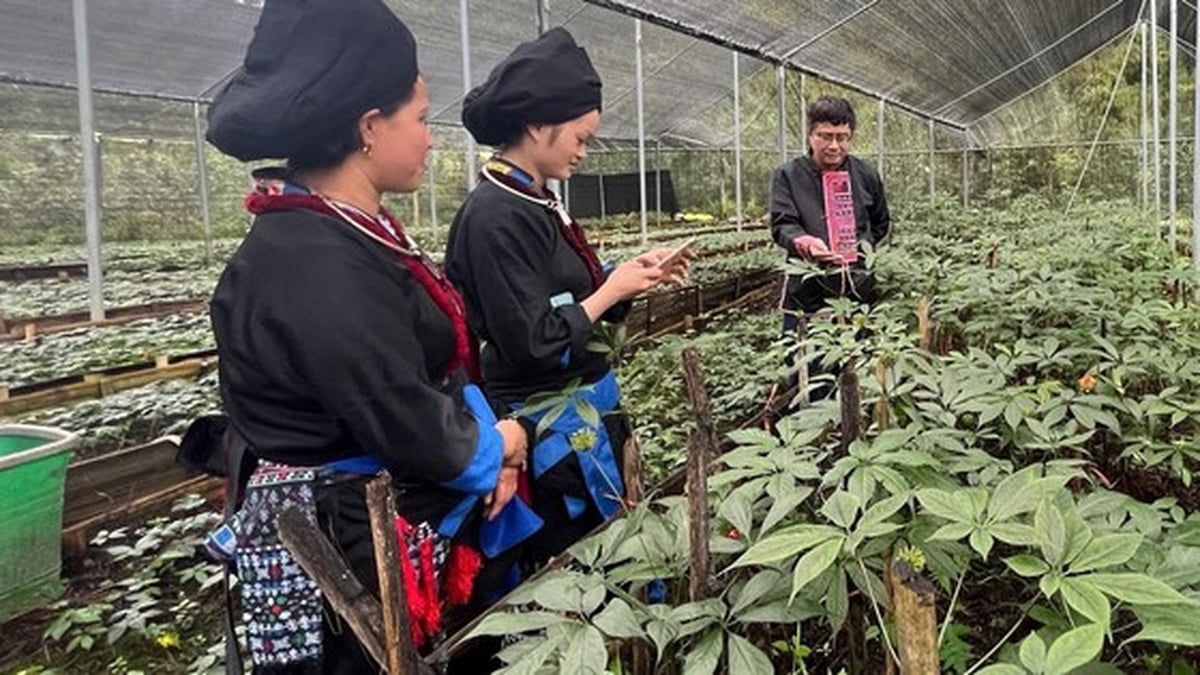
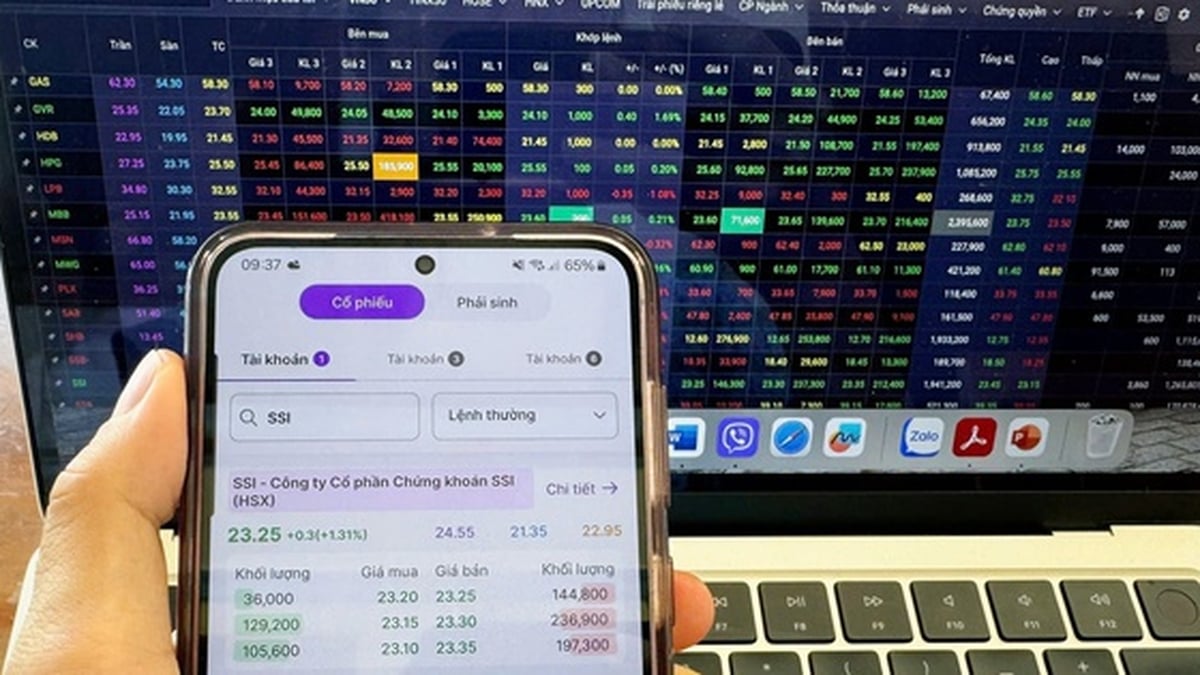

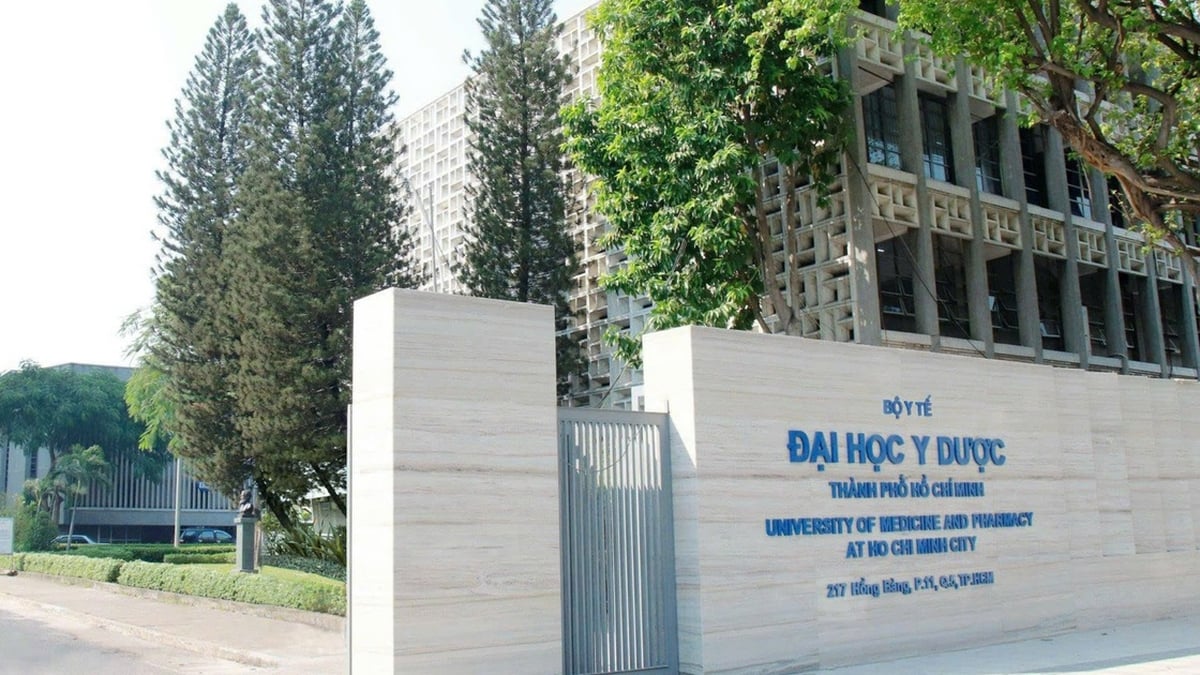














































![[Maritime News] Treasury Department Targets Diverse Networks Facilitating Iran's Oil Trade](https://vphoto.vietnam.vn/thumb/402x226/vietnam/resource/IMAGE/2025/7/14/43150a0498234eeb8b127905d27f00b6)





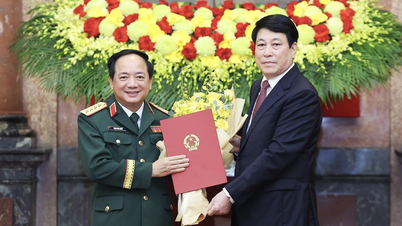







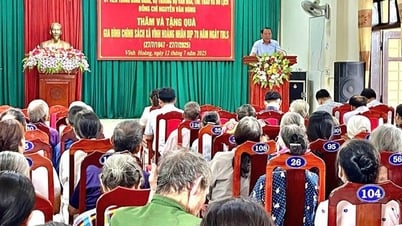



























Comment (0)